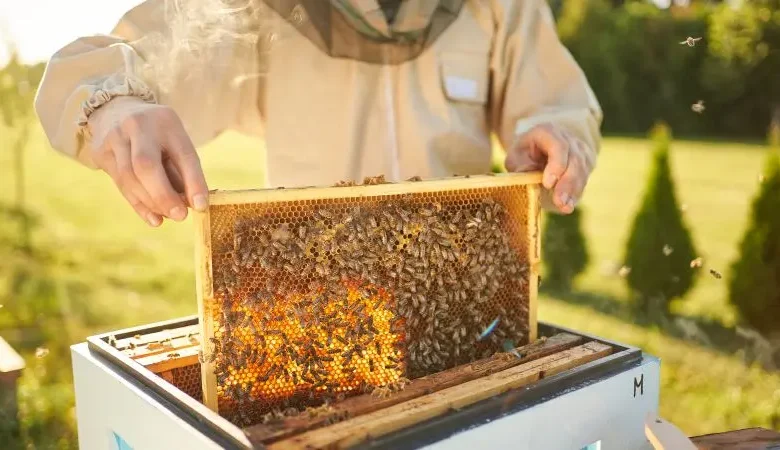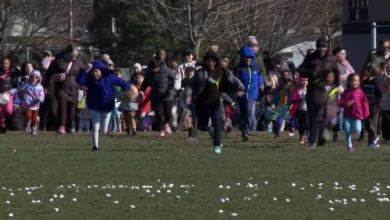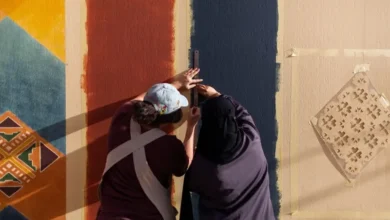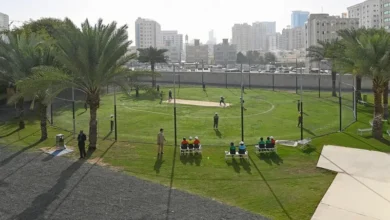Taiwan students learn the art of suburban beekeeping

Under the shade of mulberry trees on a bee farm in the suburbs of Taipei, a group of students gathers to learn the skills of urban beekeeping. The students, ranging from young entrepreneurs to retirees, listened as Tsai Ming-Hsien, the instructor and head of the Bee and Wasp Conservation Association of Taiwan, explained how to manage bees with the help of a smoker to keep them calm.
Tsai, 43, has noticed a rise in interest among city people who are curious about these insects, which play a crucial role in agriculture and the economy due to their pollination skills. However, bees globally are at risk from pesticide overuse, predatory mites, and climate temperature changes.
Taiwan students learn the art of suburban beekeeping

Recent fluctuations in weather have affected Taiwan’s honey production, which saw a large increase in 2020, followed by a sharp decline. Amid these challenges, Tsai has seen a steady growth in recreational beekeeping, with enthusiasts maintaining anywhere from a just few to sixty hives in their gardens or on rooftops.
The aim is to create a deeper connection with nature and increase biodiversity awareness, especially in overdeveloped urban areas with limited green spaces. For instance, six-year-old Hsia Wei-yun, one of Tsai’s youngest students, found the experience very fun.
The course also attracts people like Edwin Huang, who sees it as a chance to contribute to the ‘under-forest economy’ by creating eco-friendly products. Huang, who produces colored dyes from flowers, hopes to add honey to his future dinner menu.

Meanwhile, retiree Sherry Liu, who started beekeeping seven years ago after bees found their way to her rooftop garden, finds the practice therapeutic. Despite the challenges posed by the weather affecting her honey collection, she enjoys the beauty and serenity of beekeeping, sharing her harvest with friends and family.
Tsai’s objective isn’t necessarily to turn every participant into a beekeeper but to create respect and understanding for bees, encouraging conservation over destruction.










